Imagine a world where your native tongue is deemed less valuable simply because it’s not as widely spoken. This is the reality for millions facing linguicism—discrimination based on language. This prejudice can profoundly impact individuals and communities, hindering their potential and perpetuating social inequalities. This article explores the complexities of linguicism, its manifestations, and its consequences, offering insights into how we can challenge language-based prejudice and foster a more inclusive linguistic landscape.
Understanding Linguicism: When Language Becomes a Weapon
Have you ever been judged or dismissed because of how you speak? Perhaps it was your accent, dialect, or native language. This isn’t just rudeness; it’s likely linguicism. Linguicism, as defined by Tove Skutnabb-Kangas, encompasses discrimination based on how someone uses language, the languages they use or don’t use, and judgments based on perceived linguistic norms. It’s about how language is used to create power imbalances and discriminate. It’s prejudice disguised as preference—a preference for certain ways of speaking that often reflects deeper biases about the speakers. Linguicism isn’t just about individual attitudes; it permeates institutions, shaping education systems, workplaces, and legal systems. It can determine who gets opportunities and who is silenced. This prejudice has tangible consequences, impacting job prospects, access to healthcare, and even justice. Whether you’re a budding thespian wanting to perfect your iambic pentameter or a creator of memorable mad libs, we have the perfect tools for you! Check out our iambic pentameter checker and mad libs maker today to add a touch of drama and wit to your writing!
Exploring the Science of Language: A Look at Linguistics
Linguistics, the scientific study of language, provides a framework for understanding how language works. It’s a multifaceted field with specialized areas, offering crucial context for understanding the complexities of language and prejudice.
- Syntax: The study of sentence structure and word order.
- Semantics: Exploring the meaning of words, phrases, and sentences.
- Morphology: Examining the formation of words, including prefixes and suffixes.
- Phonetics and Phonology: Analyzing the production and perception of speech sounds.
- Sociolinguistics: Investigating the relationship between language and society, including how social factors influence language use. This field is particularly relevant to understanding linguicism.
The historical study of language provides further insight. Scholars have long pondered language, from ancient Sanskrit texts to modern language evolution. This research illuminates how language changes over time, spreads across cultures, and reflects our shared humanity.
Linguistic Injustice: Examining the Impact
Linguicism creates linguistic hierarchies, where certain languages and dialects are privileged while others are marginalized. Pakistan, a linguistically diverse nation, exemplifies this. While its linguistic diversity is a source of cultural richness, it also fuels linguistic prejudice. Some languages hold prestige, while others are devalued, leading to unequal access to education, employment, and services. This hierarchy, often intertwined with political and social hierarchies, can create deep social divisions and barriers to communication.
Working Towards Linguistic Justice: Breaking the Cycle
Combating linguicism requires a multi-pronged approach:
- Promoting Linguistic Diversity in Education: Valuing and supporting students’ native languages while offering opportunities to learn other languages.
- Empowering Marginalized Language Communities: Creating spaces where all languages are respected, including providing language access services and supporting language revitalization efforts.
- Raising Awareness: Educating ourselves and others about the harms of linguicism, challenging our own biases, and advocating for linguistic diversity and inclusion.
The Future of Linguistics: Exploring New Frontiers
Linguistics is constantly evolving. Computational linguistics and neurolinguistics offer new avenues for understanding language processing. Ongoing research suggests we are only beginning to understand the complex relationship between language, brain, and society. While much remains unknown, embracing open inquiry can pave the way for a future where all voices are heard and valued. This requires a shift from viewing linguistic diversity as a problem to recognizing it as a strength.
Linguicism in Action: Real-World Examples
Linguicism manifests in various forms, often subtly. Recognizing these manifestations is crucial for combating this insidious prejudice.
- Job Discrimination: A qualified candidate rejected due to their accent.
- Educational Inequality: A student reprimanded for speaking their native language at school.
- Social Exclusion: Individuals mocked for their dialect.
- Systemic Exclusion: Government services offered only in one language.
These examples, summarized in the table below, illustrate how linguicism can limit opportunities and reinforce negative stereotypes.
| Type of Linguicism | Example | Potential Impact |
|---|---|---|
| Job Discrimination | A qualified candidate is rejected due to their accent. | Lost opportunities, economic hardship |
| Educational Inequality | A student is punished for speaking their native language at school. | Lowered self-esteem, reduced academic achievement |
| Social Exclusion | Individuals are mocked for their dialect. | Social isolation, emotional distress |
| Systemic Exclusion | Government services are only offered in one language. | Limited access to essential services and civic participation |
Some experts suggest linguicism is often intertwined with other forms of discrimination, like racism and xenophobia. Research is exploring the psychological effects of linguicism, with early findings suggesting it can contribute to anxiety, depression, and low self-worth. While some examples are clear-cut, gray areas exist. The line between promoting effective communication and enforcing unfair language standards can be blurry. Ongoing discussion and research are crucial for understanding the nuances of language and prejudice.
Defining Linguism: Unmasking Language-Based Prejudice
Linguicism is the unfair treatment of individuals based on how they speak—their language, accent, or dialect. It can be overt, like mocking an accent, or insidious, like assuming someone is less intelligent due to their dialect. This prejudice affects hiring decisions, educational opportunities, and social interactions. Language constantly evolves, and what’s considered “proper” is often subjective and influenced by those in power. This creates a hierarchy where certain languages and dialects are privileged while others are marginalized. This dynamic perpetuates social inequalities.
Linguicism can manifest in various ways:
| Form of Linguicism | Description | Example |
|---|---|---|
| Accent discrimination | Prejudice based on how someone pronounces words. | Assuming someone is less educated because they have a Southern drawl. |
| Dialect prejudice | Bias against speakers of non-standard dialects. | Believing AAVE is “bad grammar” rather than a distinct dialect. |
| Language-based exclusion | Limiting opportunities based on language proficiency. | Denying a job due to lack of fluency in the dominant language, even if language skills aren’t essential. |
Researchers suggest linguicism is often intertwined with other forms of discrimination. Unconscious biases may play a significant role, making it crucial to be mindful of our own attitudes. Ongoing research is likely to deepen our understanding of linguistic discrimination. Exploring this issue empowers us to challenge biases and create a more inclusive world.
Linguicism in Everyday Life: Recognizing Subtle Discrimination
Linguicism manifests in everyday situations, often subtly. Recognizing these instances is critical to understanding its pervasive nature.
- Accent Discrimination: Being passed over for a job due to an accent different from the interviewer’s, even with qualifications.
- Dialect Prejudice: Judging someone for using a non-standard dialect like AAVE, dismissing it as “slang” instead of recognizing its unique linguistic structure.
- Language-Based Exclusion: A child struggling in school due to limited proficiency in the dominant language, without adequate support. Adults facing discrimination in employment, housing, and healthcare due to their primary language.
These examples demonstrate how language can marginalize. It’s not about “correct” grammar or pronunciation; it’s about power dynamics and what’s deemed acceptable. Linguicism can profoundly impact well-being, leading to lowered self-esteem and shame. It limits opportunities, impacting economic stability and potential. Ongoing research is exploring the long-term psychological effects of language-based discrimination. While not always intentional, the impact is real. Recognizing and challenging these biases, in ourselves and others, is essential for creating a more equitable society.
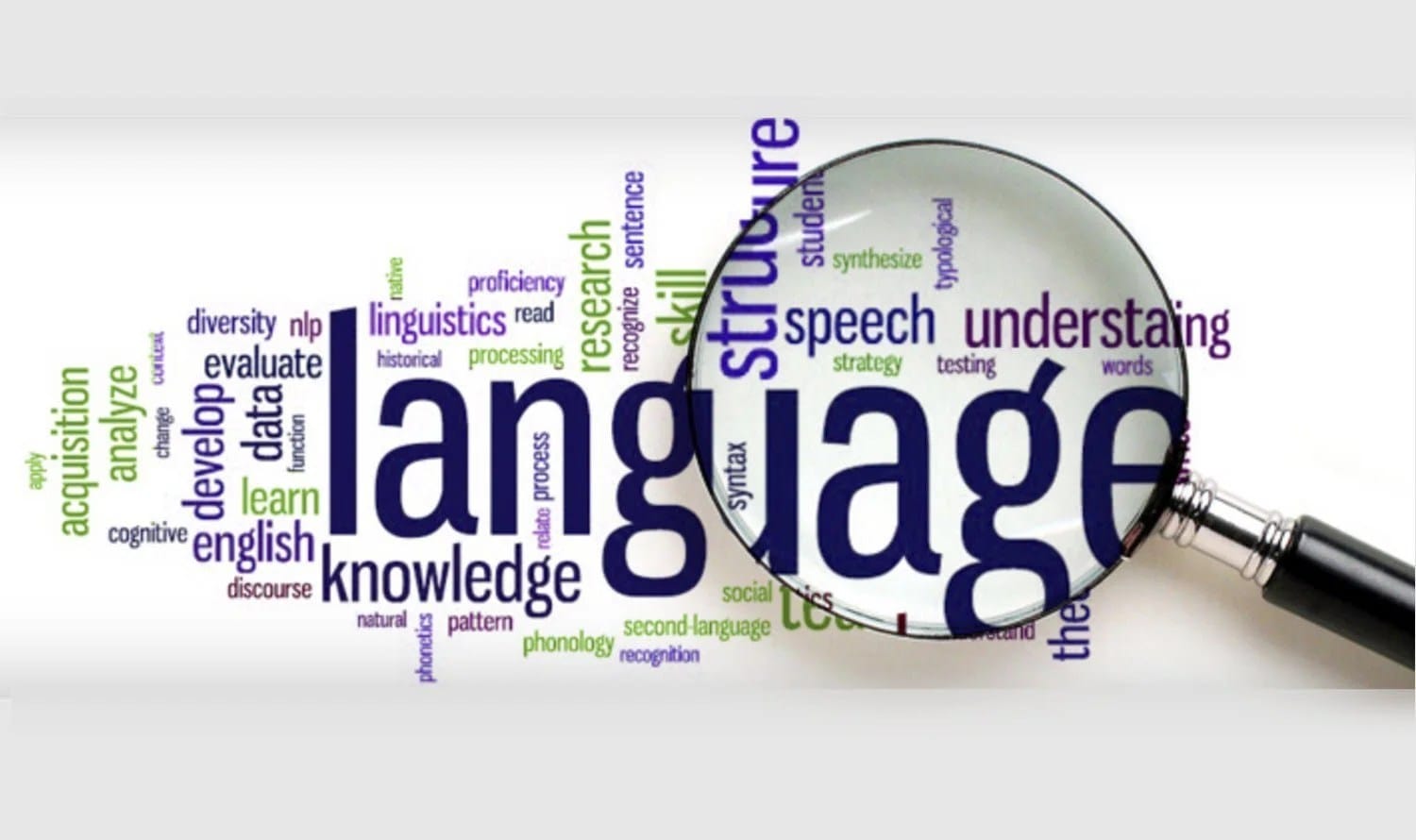
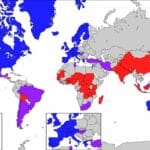
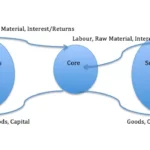


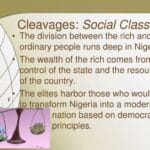
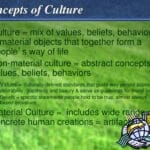






1 thought on “The Power Dynamics of Linguicism: Unpacking Prejudice in Language”
Comments are closed.